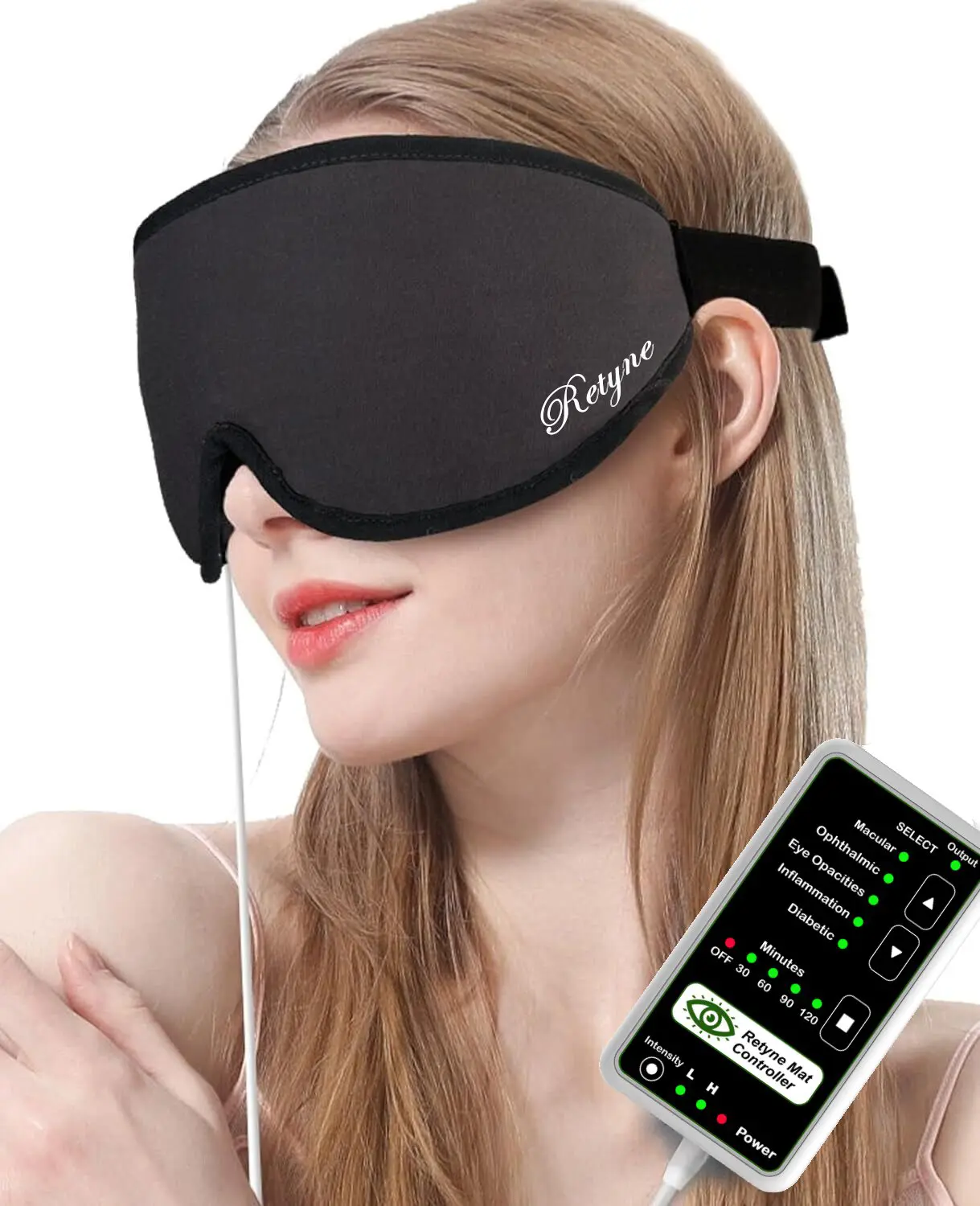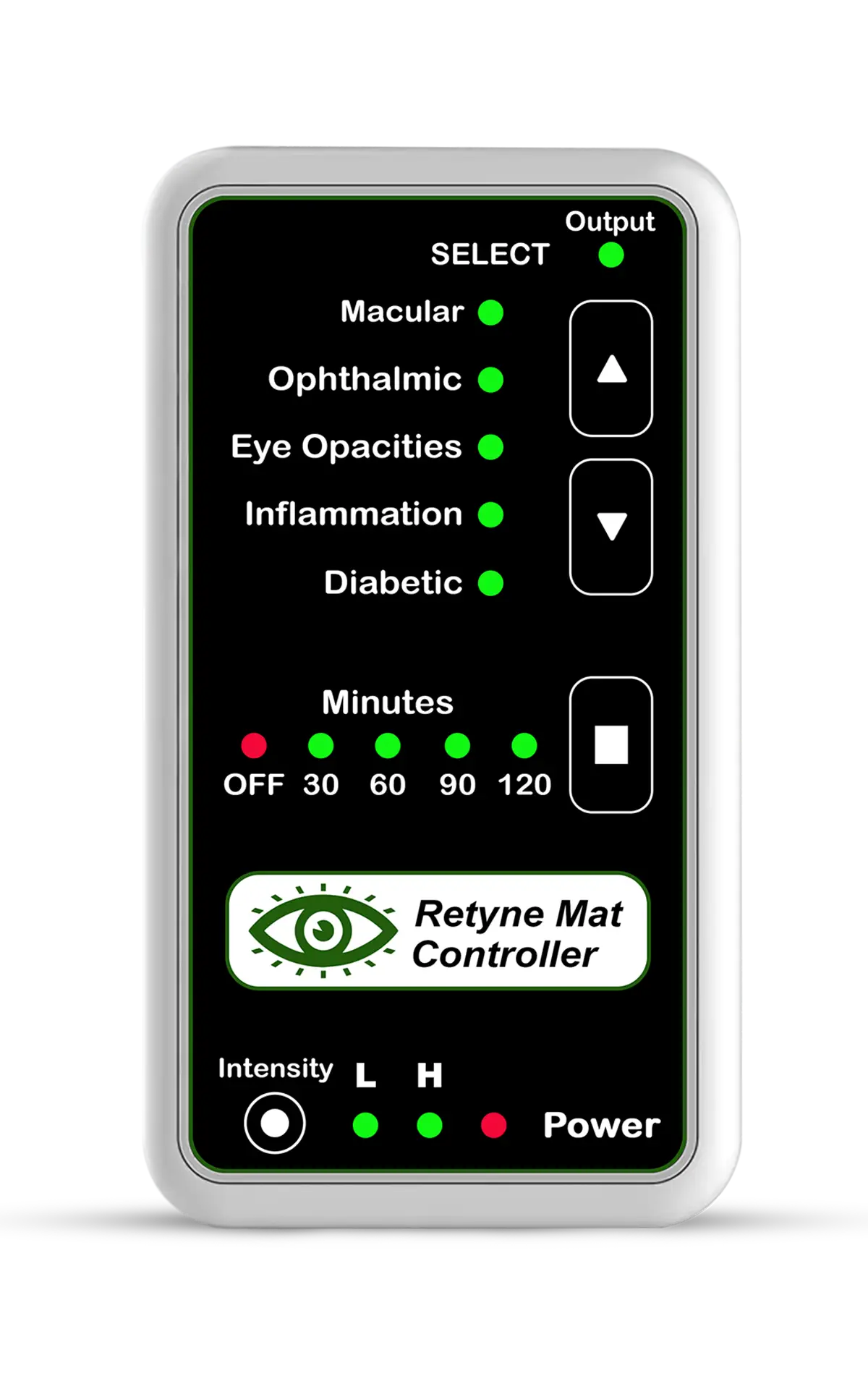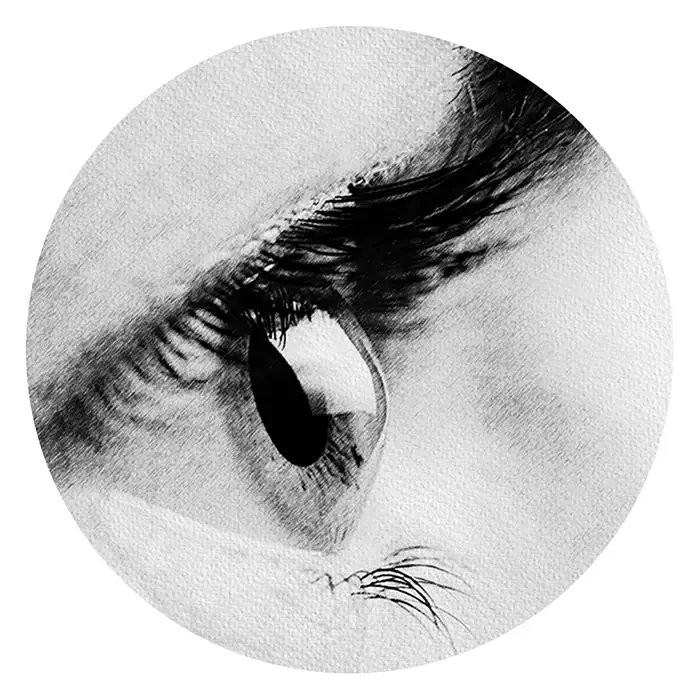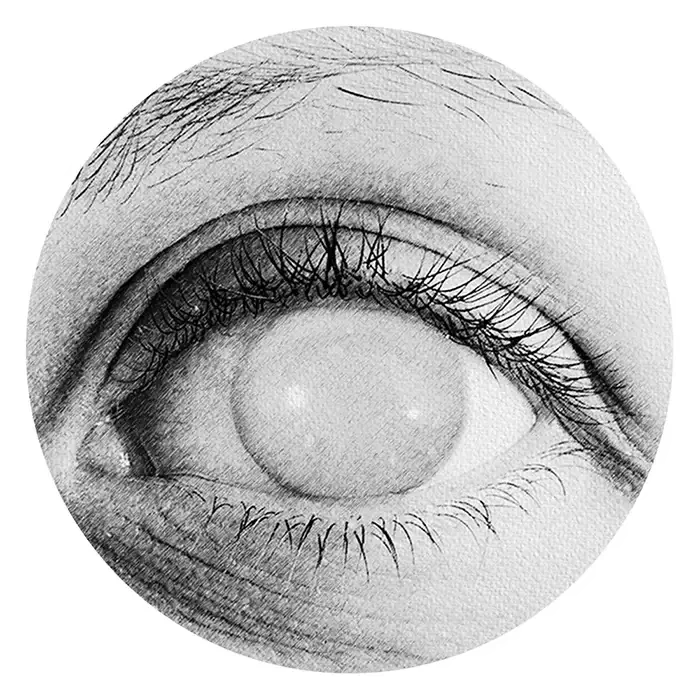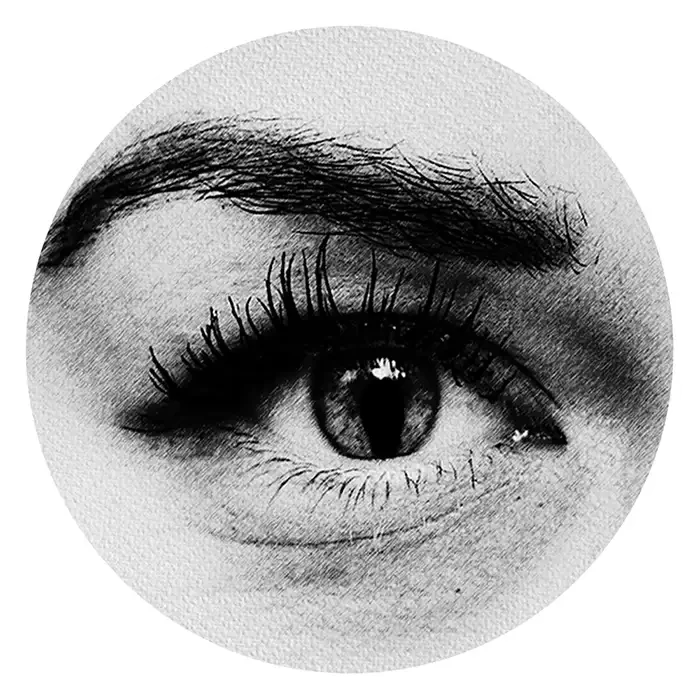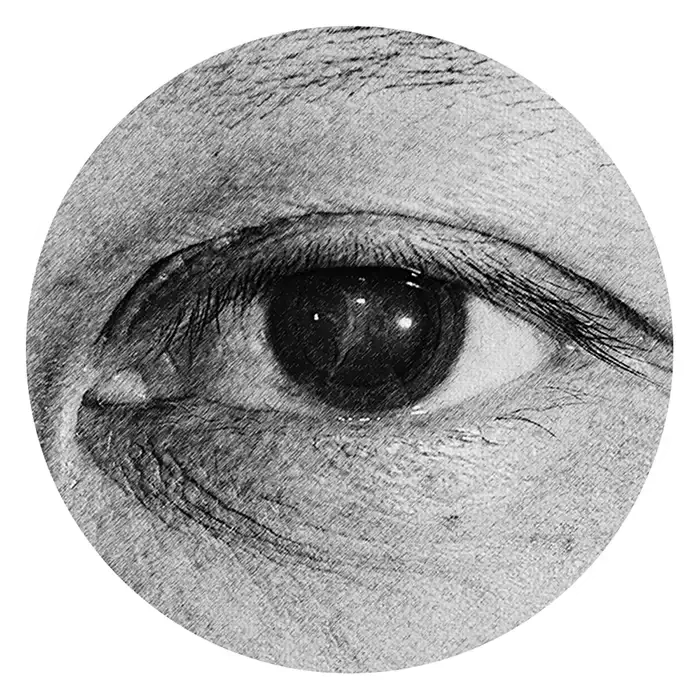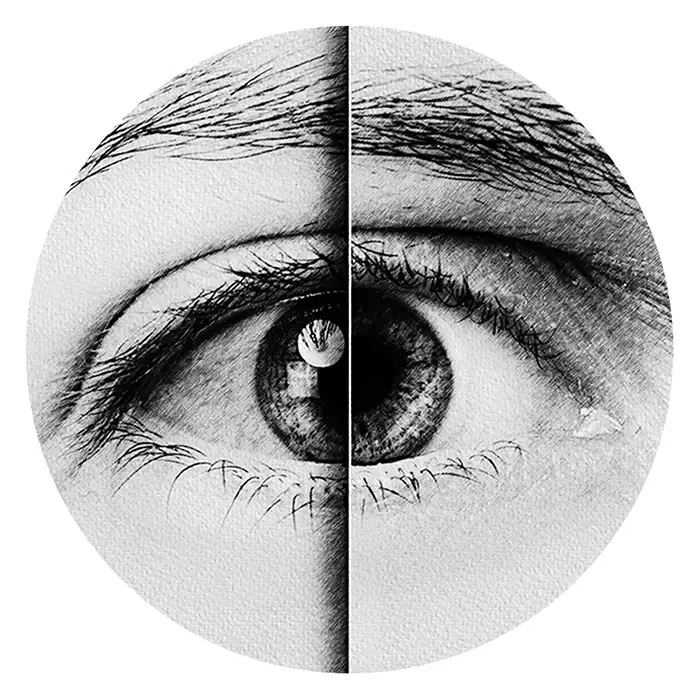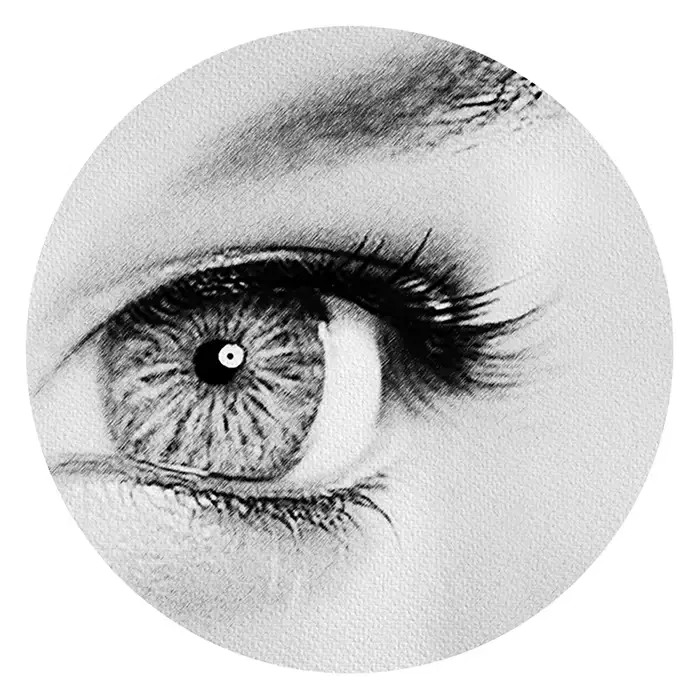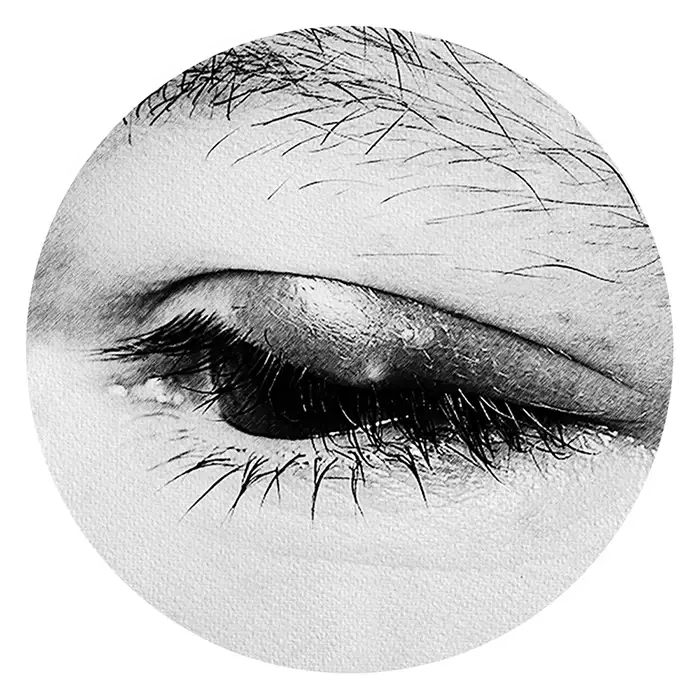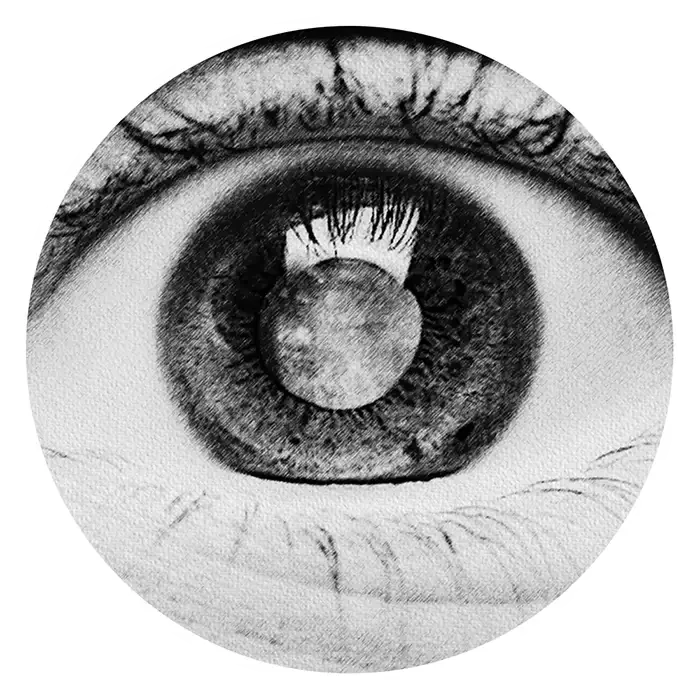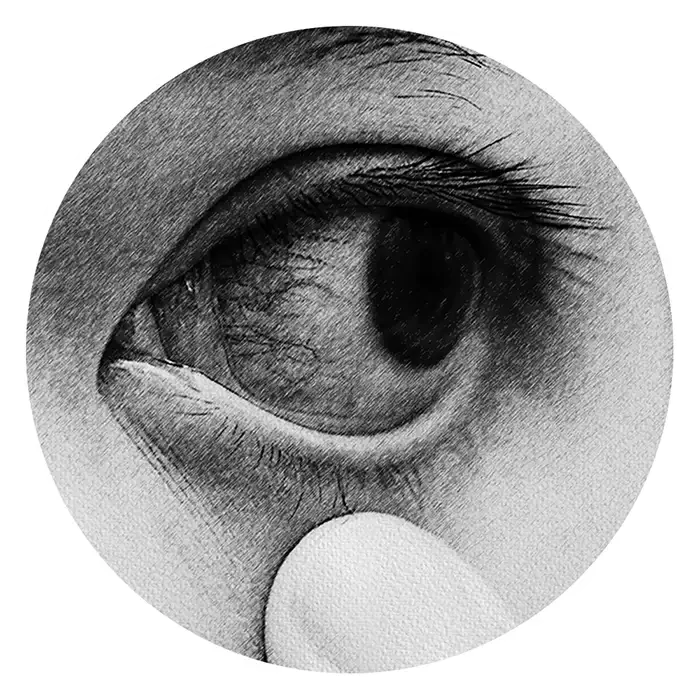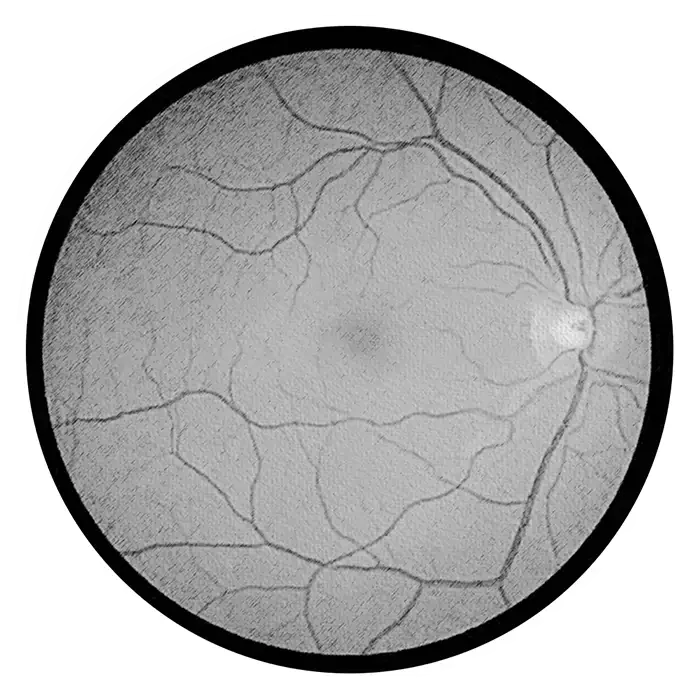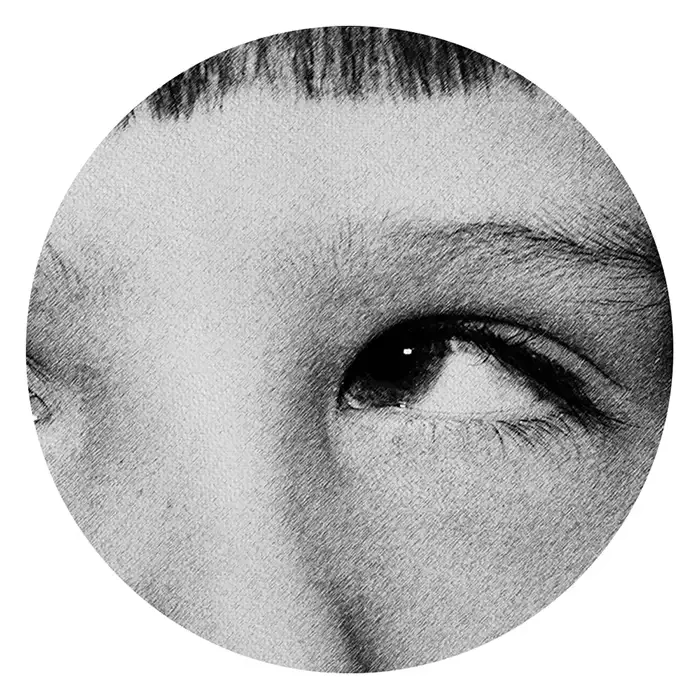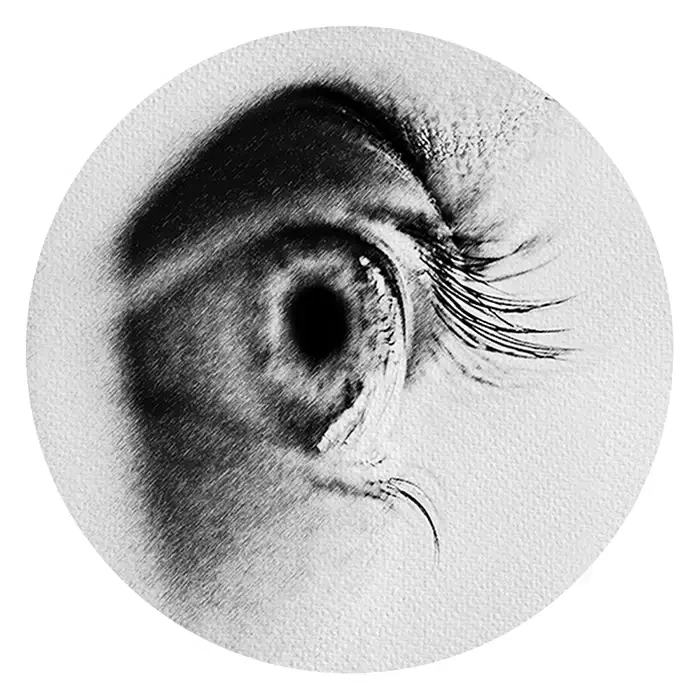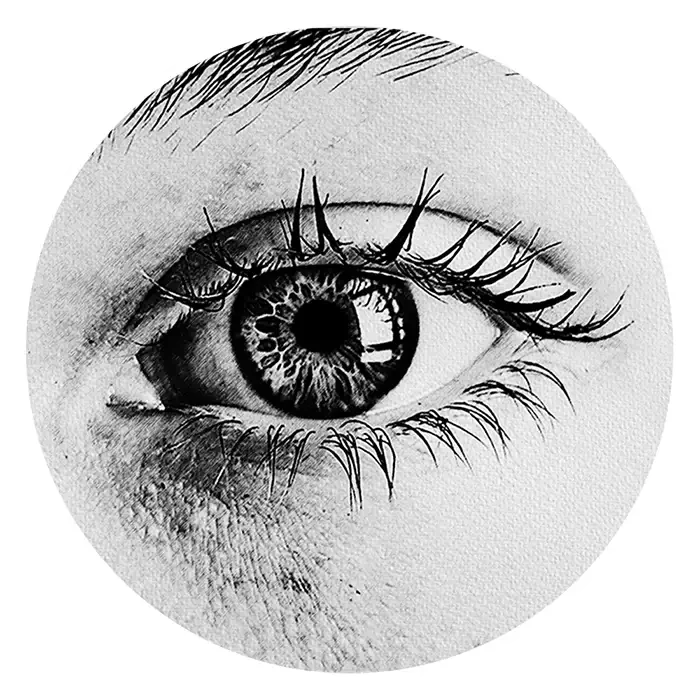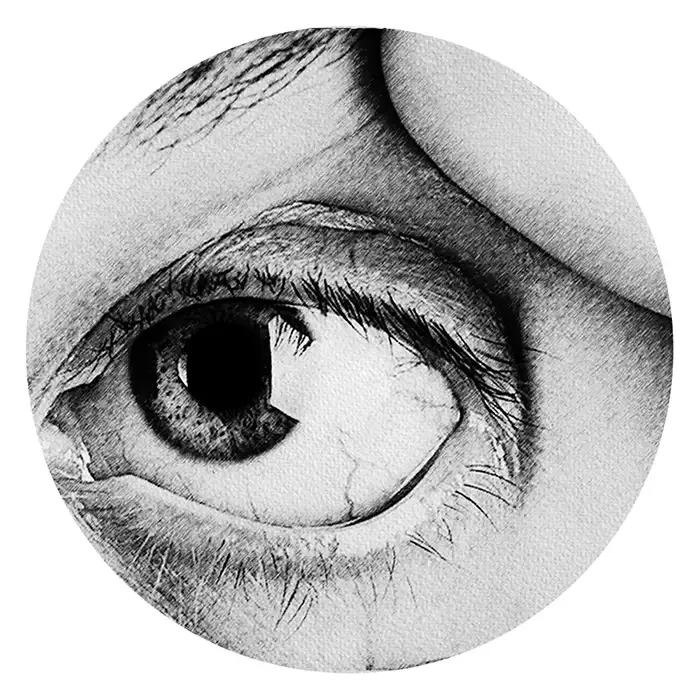Cortical cataract:
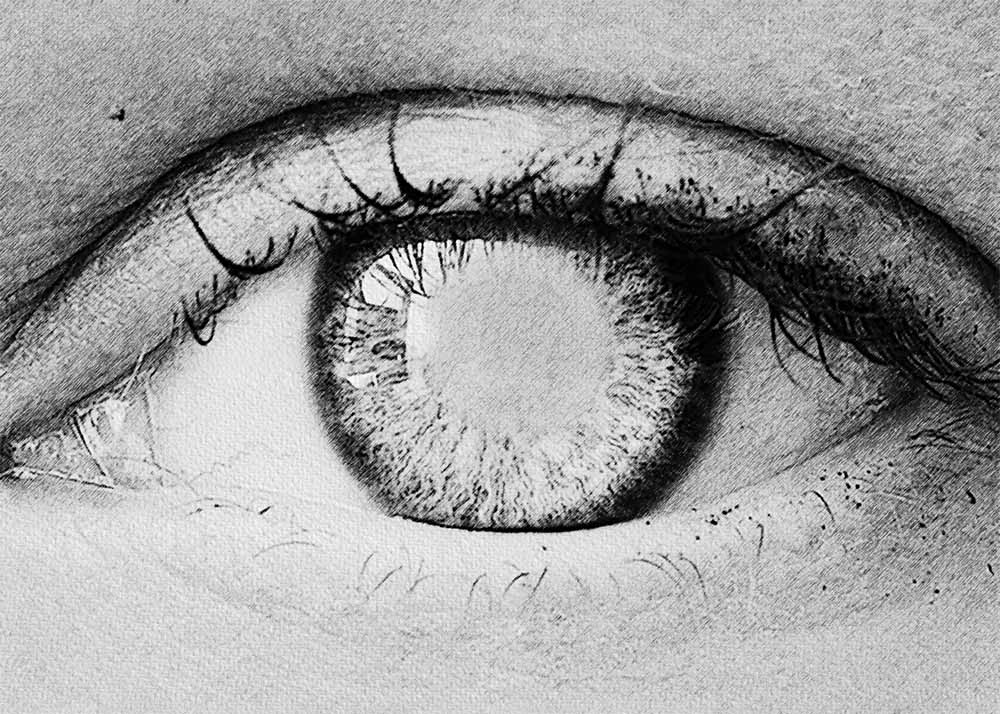
Cortical cataract is a type of cataract that affects the outer layer of the lens in the eye, known as the cortex. It is characterized by the formation of wedge-shaped opacities that develop in the lens cortex, disrupting the passage of light through the lens and causing visual disturbances. Cortical cataracts typically begin as small, whitish, wedge-shaped opacities that extend from the periphery of the lens towards the center. As the cataract progresses, these opacities can grow larger and more dense, eventually affecting vision by causing glare, halos around lights, and decreased contrast sensitivity.
Diagnosis of cortical cataract is typically made during a comprehensive eye examination by an eye care professional. Visual symptoms reported by the patient, such as blurred vision, glare, or halos, may prompt further evaluation. A slit-lamp examination allows the eye care provider to visualize the opacities within the lens cortex. Other diagnostic tests, such as visual acuity testing, measurement of intraocular pressure, and evaluation of the posterior segment of the eye, may also be performed to assess the extent of cataract formation and rule out other ocular conditions.
The Retyne Infrared Eye treatment mask offers a potential therapeutic option for managing the symptoms of cortical cataract. Program #3 on the Retyne controller delivers invisible infrared light therapy to the affected eye, targeting the underlying mechanisms contributing to cataract formation and progression. By promoting cellular repair, reducing inflammation, and improving blood circulation within the lens, the Retyne mask aims to slow the progression of cortical cataracts and alleviate visual symptoms associated with the condition. This non-invasive approach to cataract management may offer a safe and effective adjunctive therapy for individuals experiencing visual disturbances due to cortical cataracts, ultimately improving their quality of life and visual outcomes.
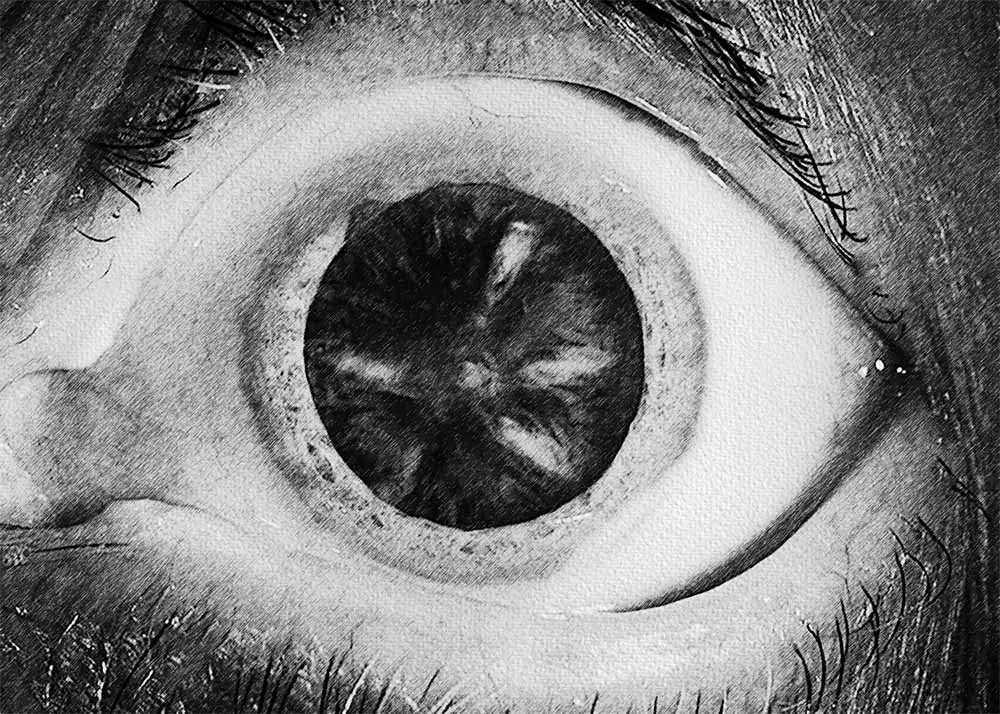
The Retyne Eye Treatment Mask utilizes a carefully selected array of frequencies (0.97, 5.78, 7.5, 37.5, 125.19, 250, 325.65, 517.5, 683, 712.42), specifically tailored to address the symptoms associated with cortical cataracts. These frequencies have been meticulously chosen based on their established effectiveness in managing and treating this visual condition. Retyne employs an innovative approach by converting each frequency into invisible infrared light output, marking a significant advancement in merging frequencies with light
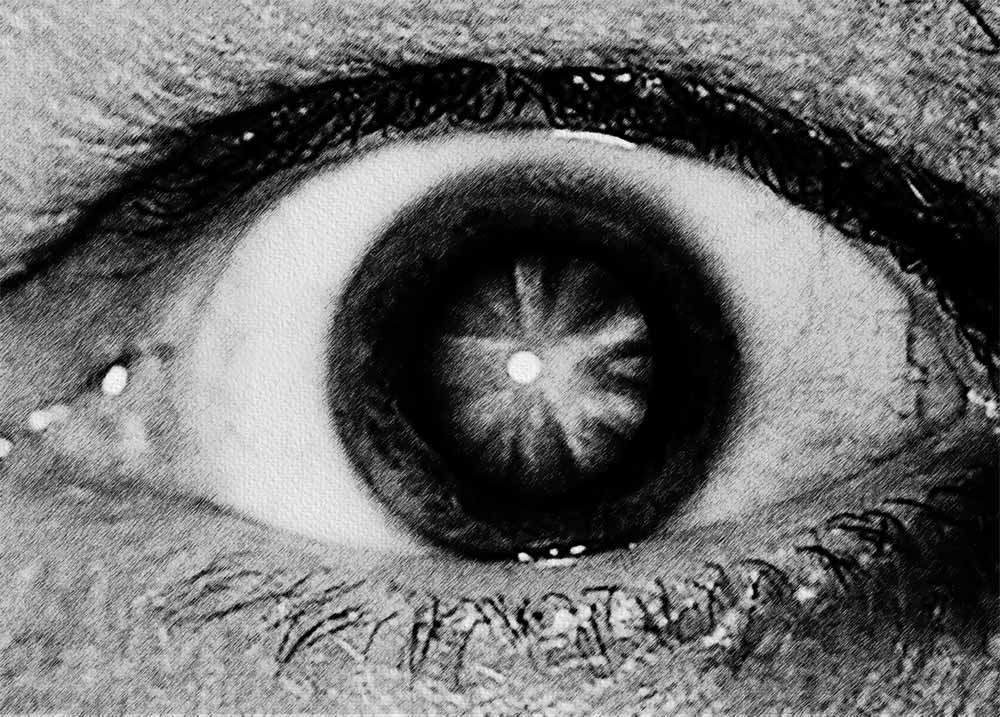
This is a pioneering technology developed by Retyne Labs. Inspired by the groundbreaking work of Dr. Rife, who identified healing properties within specific frequencies and utilized light for their transmission, Retyne's method integrates current research on invisible infrared technology while drawing from past studies on light transmission through frequency sources. The result of these endeavors is the Retyne Eye Treatment Mask, representing the culmination of cutting-edge advancements in the realm of visual care.
Cortical cataract group exists at program 619 on the International ETDFL frequency list
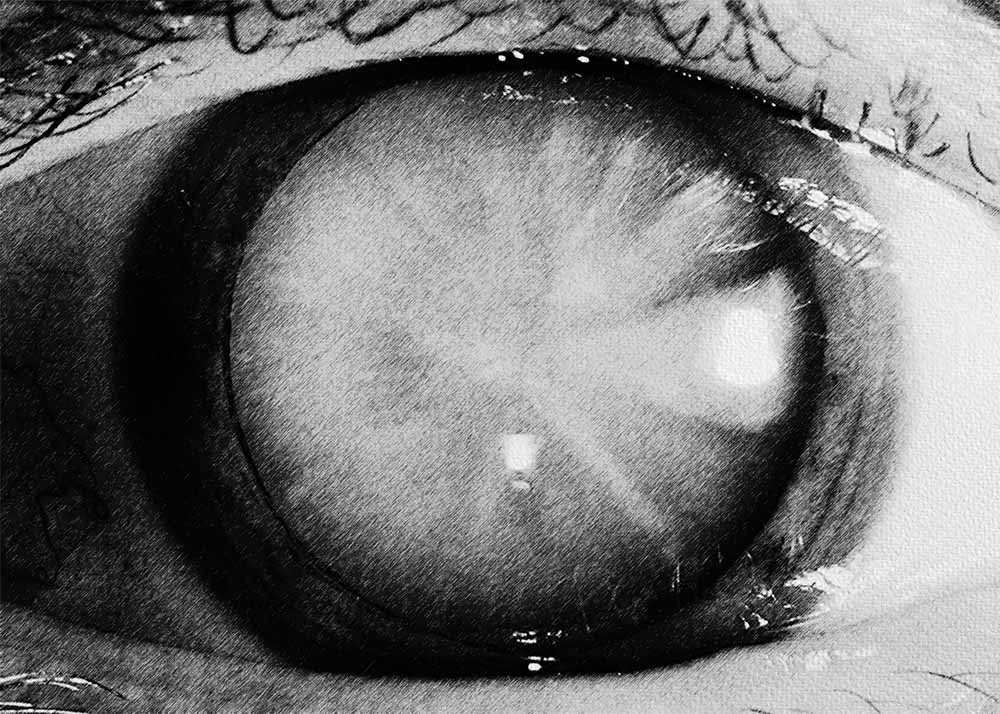
Compatibility
Standalone controller (Program #3) (Controller shipped with Retyne Eye Treatment Mask)
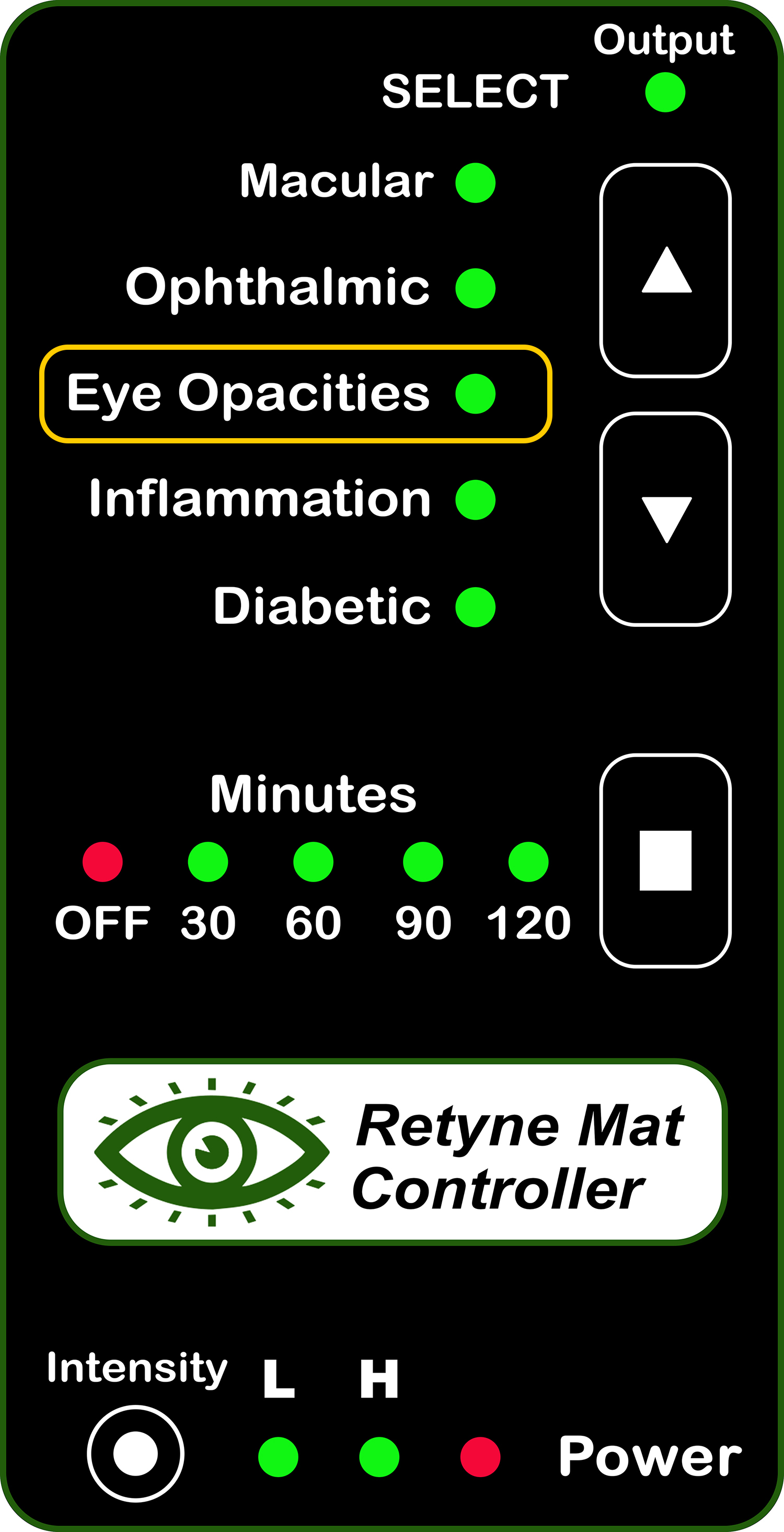
RDPV4 (Direct connect, use group 619)
RDPV4 Light Mask Program button 3
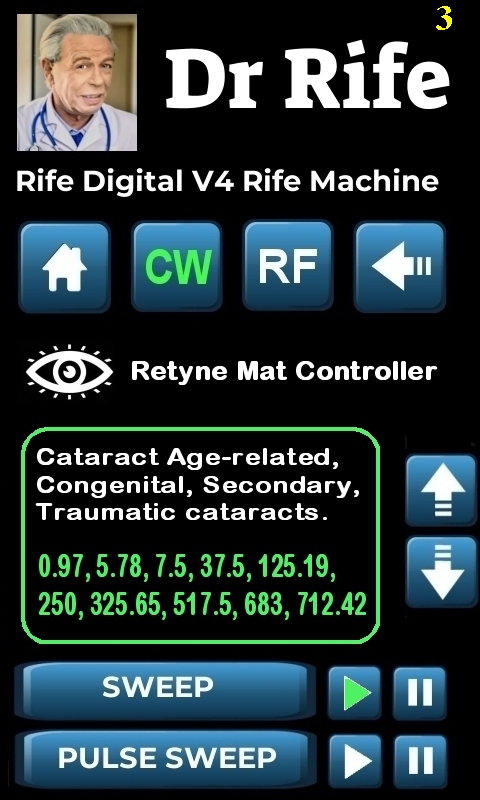
Click here for instructions on using the Retyne Mask + Controller
